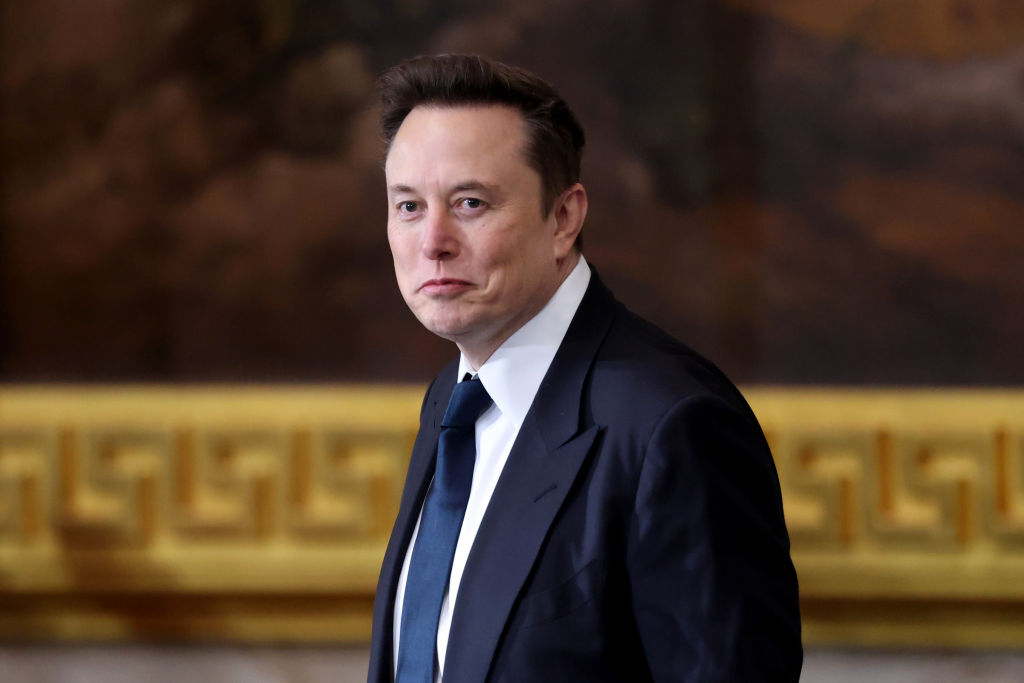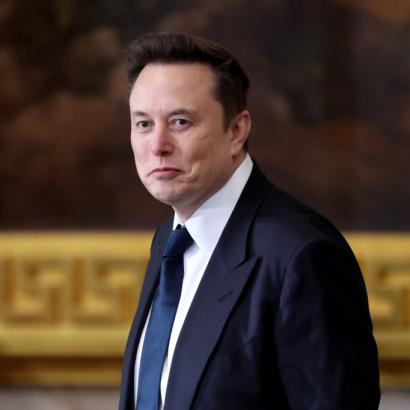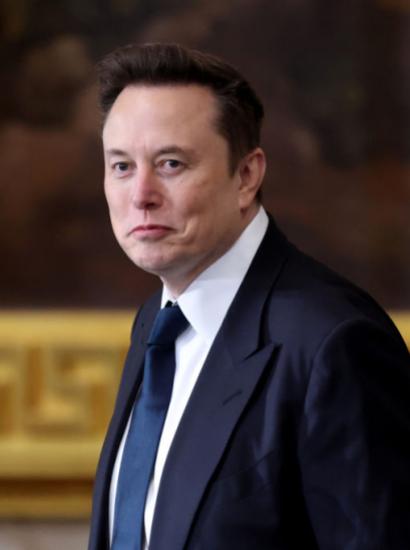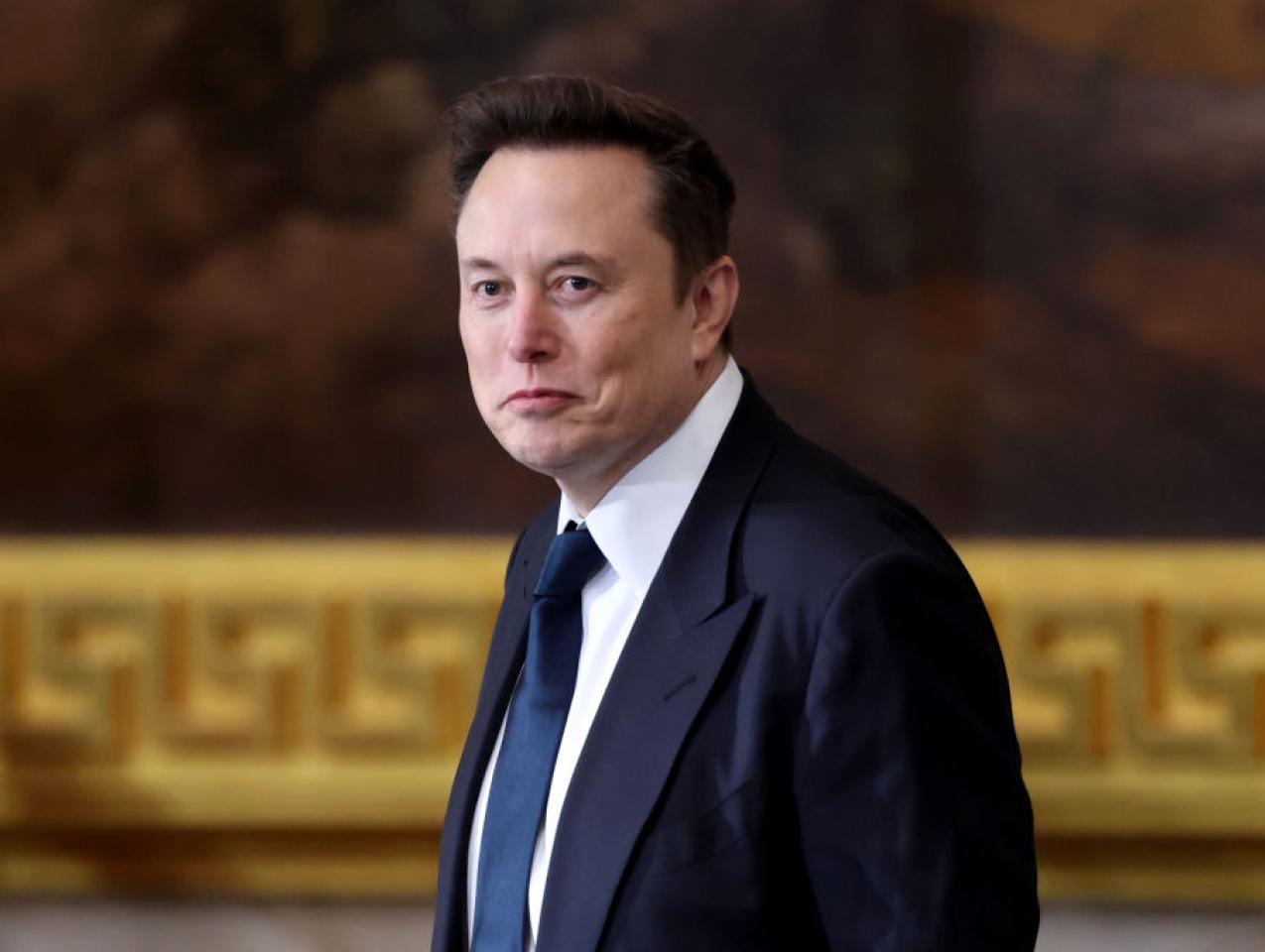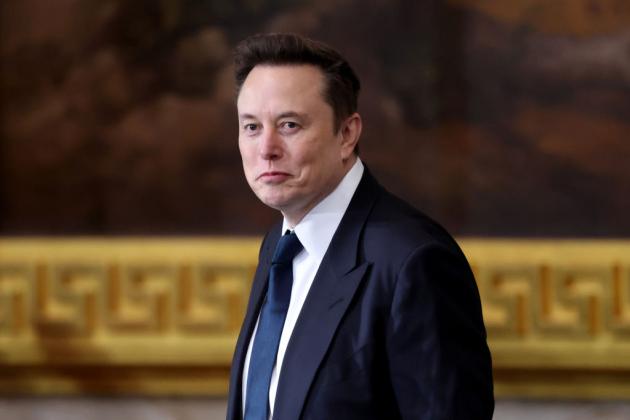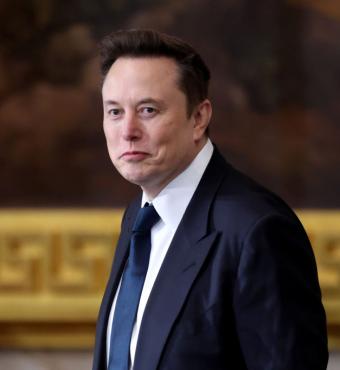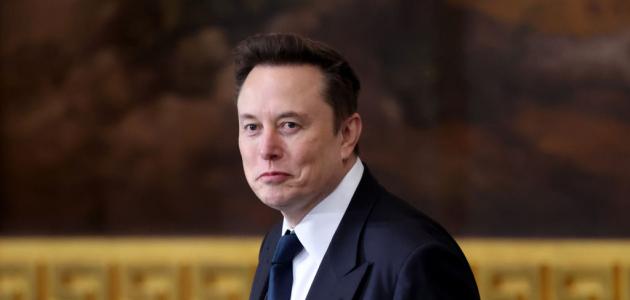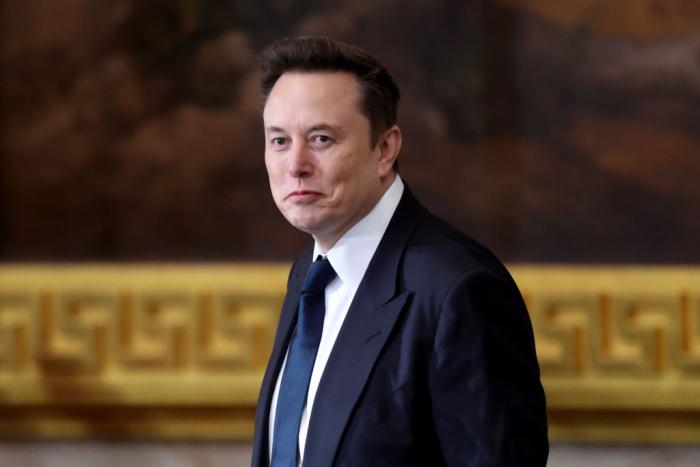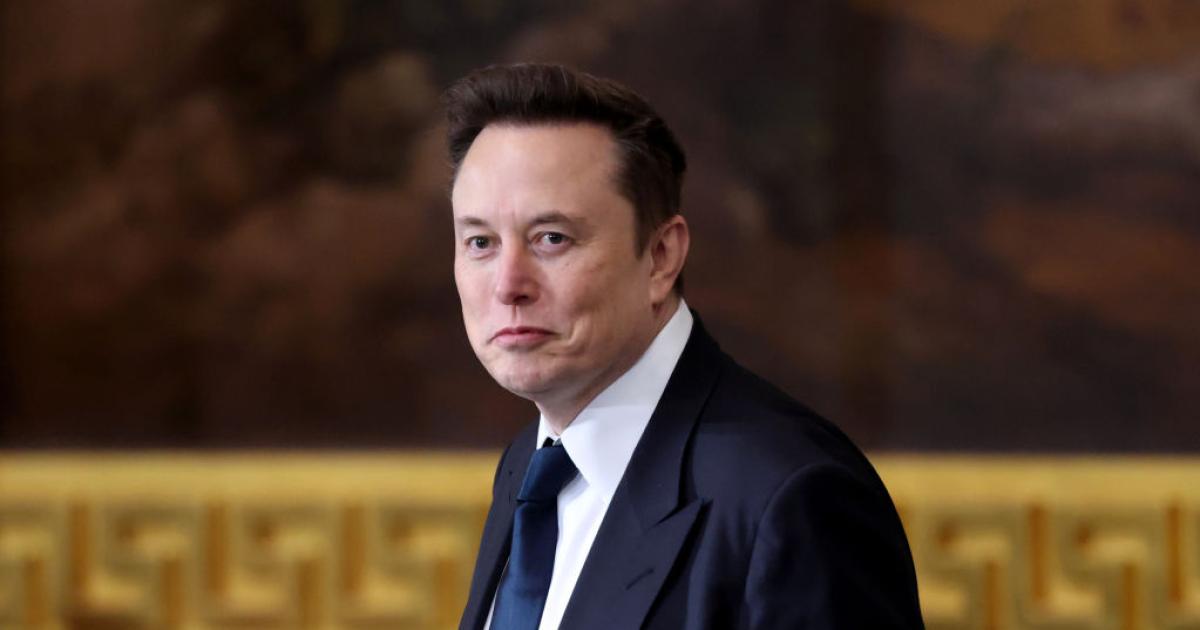Less than a year ago, then-president Joe Biden, resisting calls from within his party to abandon a re-election run, told a gathering in Las Vegas: “If you want a friend in Washington, get a dog.” Biden, no stranger to plagiarism, was of course channeling Harry Truman, who supposedly uttered the same when his presidency hit the skids. More than seven decades after Truman left the Oval Office, it’s time to update his words.
Sure, go ahead and get a pooch if you need a friend in the White House. Just don’t make it an alpha dog (or DOGE).
Which takes us to the decidedly public feud between President Trump and businessman Elon Musk after the end of the latter’s run as a short-term “special government employee” in charge of the budget-cutting Department of Government Efficiency, or DOGE. Before we go any further, two caveats:
First, Trump and Musk are mercurial, to put it politely—what one would expect of a pair of head-butting billionaires who own social-media platforms that are conduits for their unfiltered musings (Musk has nearly 221 million followers on his X account; Trump’s Truth Social following is just shy of 10 million). Which means that by the time you read this, the two could have buried the hatchet—or further scorched the earth.
Second, this isn’t the first time a White House “bromance” has hit the skids.
Next month marks a year since the actor George Clooney, dismayed by what he saw up close at a Hollywood fundraiser, penned a New York Times op-ed telling Biden that it was time for a new Democratic presidential nominee.
There also was a male un-bonding in the New Frontier—Frank Sinatra parting ways with President John F. Kennedy when the latter opted to stay at Republican Bing Crosby’s home during a California stopover (part of Robert F. Kennedy’s efforts to distance his brother from the Rat Pack’s unsavory ties).
But where those failed bromances differ from Trump and Musk’s war of words: the disappointed ex didn’t seek vengeance. Sinatra got over his breakup by throwing himself back into music and films (re-emerging in politics years later as a backer of Ronald Reagan). Clooney, rather than joining in the circular firing squad that is the Biden wing of the Democratic Party, headed for Broadway. He has just finished a three-month run starring in a historical drama about McCarthyism that has more to do with fears of Trump-brand authoritarianism than Biden’s diminished cognitive state.
Musk, on the other hand, may very well decide to keep the feud alive. Which leads to the question: to what end?
On the policy side, Musk could complicate life for American space exploration should he decide to decommission his Space X Dragon spacecraft, which is charged with carrying cargo and crew to the International Space Station. Just as Trump could cancel Musk’s companies’ government contracts (a Washington Post analysis claims Team Musk has received $38 billion in various forms of government largesse, with Space X contracts accounting for about three-fifths of that sum).
That said, it’s the political side of the Trump-Musk relationship that intrigues—in part, because Musk isn’t shy about taking credit for Trump-related electoral success (“Without me, Trump would have lost the election, Dems would control the House and the Republicans would be 51-49 in the Senate,” he recently tweeted).
So, what exactly are Musk’s political options (ruling out a presidential run, as the South African–born Musk is ineligible for that office)? As the runaway donor (nearly $300 million) to Republican candidates, parties, and political committees in the 2024 election cycle, Musk could dig into his pockets and spend untold millions next year to defeat congressional Republicans who’ve voted for his bête noire, Trump’s “Big, Beautiful Bill.” Musk reportedly hates the bill’s price tag, though he also hates the measure’s proposal to end the tax credit for electric-vehicle purchases, a credit he formerly opposed.
The problem with Musk getting more personally involved in Republican primaries is twofold. First, it risks the entrepreneur going head-to-head with Trump in what are in essence popularity contests—not a Musk strong suit, as his disastrous involvement in April’s Wisconsin Supreme Court election proved. Despite Musk and allies handing out $21 million in what became a vastly expensive judicial race, his candidate lost 55 percent to 45 percent.
Second, there’s the law of unintended political consequences. In a three-way primary featuring Musk- and Trump-backed candidates plus a third contender, the two billionaires could manage to elect the non-MAGA hopeful by diluting their shares of the primary vote.
There’s another political option for Musk: for a space pioneer, the equivalent of shooting for the stars. And that would be starting a new movement in hopes of ultimately supplanting Trumpism as a populist force. Such a move may be tempting for Musk as, by nature, he dreams big. And given his time spent at Trump’s palatial retreat in Palm Beach, perhaps he’s noticed that the MAGA movement doesn’t have an heir apparent.
However, recent history shows that political renegades who think they can buck America’s two-party system, to borrow a rocket metaphor, fail to complete their mission but instead crash and burn soon after liftoff.
Elon Musk, meet Ross Perot.
Three decades ago, Perot, a Texas billionaire who threw a monkey wrench into the 1992 presidential election (here’s how he scrambled the electoral map after three Republican landslides), believed he could build a new political party resting on the principles of government and economic reform. For Perot, that meant condemning many of the same evils that Trump likewise railed against in 2016: national debt; bad trade pacts; establishment politicians out of touch with working-class America.
But the longer Perot put himself front and center, the less popular he became. After pulling 18.9 percent of the national vote in 1992, he received only 8.4 percent four years later.
As for Perot’s political revolution, his Reform Party never became the third-party presence he imagined. In the 2000 election, the third party’s choice of a nominee boiled down to the conservative firebrand Patrick Buchanan or John Hagelin, a Transcendental Meditation practitioner who believed that tensions in Kosovo could be eased by deploying yogic experts to the Balkan war zone.
The closest the Reform Party came to political relevancy in the 2024 cycle: nominating Robert. F. Kennedy Jr. to be its standard-bearer, only to see Kennedy drop out of the race and endorse Trump three months later.
So-called “Perotistas” will argue that although the candidate lost his battles (he didn’t receive a single electoral vote in either presidential run), he won the war in the sense that his anti-government, don’t-trust-authority strains would show up in the Tea Party movement a decade later.
With one big difference, according to New York Times polling from back in 2010: whereas only 5 percent of Tea Partiers said they typically voted Democratic, one-third of Perot supporters in 1992 had supported the Democratic presidential nominees in the two elections before Perot’s maiden run. Musk’s crossover appeal? Per an Economist/YouGov poll, Musk is viewed favorably by only 15 percent of Democrats and 34 percent of independents—not exactly grounds for a political upheaval, but perhaps enough to scramble the math in Republican primaries next year.
The funny thing about breaking up: as the song says, it’s hard to do. Harder still: figuring out Elon Musk’s next move if the X king decides to exact revenge on the president.







